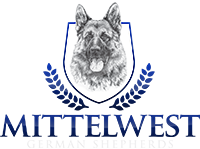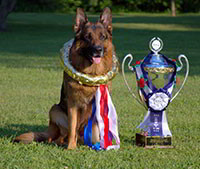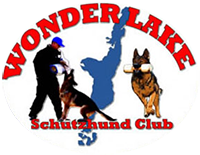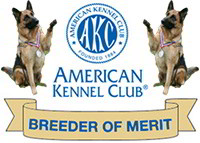TL;DR:
Feeding a German Shepherd the proper diet is critical for their health, energy, and lifespan. Prioritize lean protein, healthy fats, and complex carbs. Adjust meals for age and activity. Handle issues like allergies and weight with specific food choices. Mittelwest offers expert guidance for every stage.
German Shepherd owners often worry about feeding their dogs correctly. Should they stick with kibble? Try raw food? Is their dog allergic to grains or just picky? These questions come up for a reason.
German Shepherds are high-energy, large-breed dogs with specific dietary needs. If you’re not feeding them the right way, problems follow—itchy skin, low stamina, even joint pain. Let’s break it down simply, step by step.
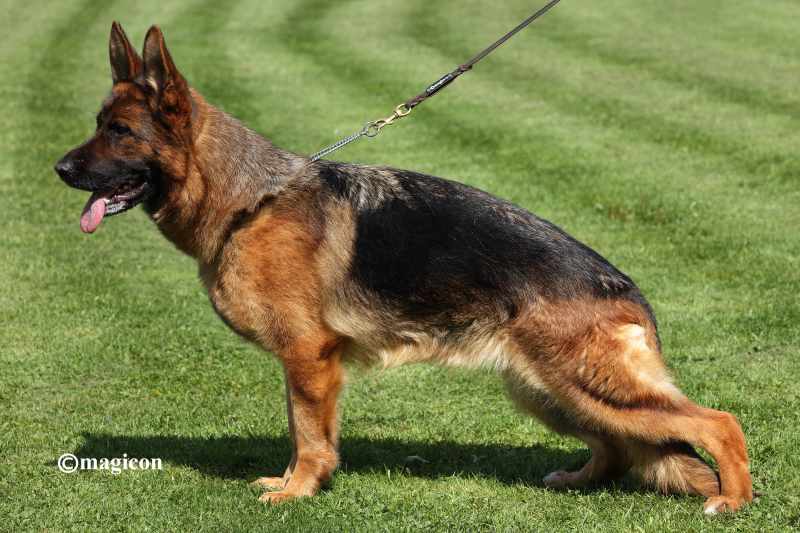
Why Nutrition Matters For German Shepherds
A good diet isn’t just about food—it’s about health, behavior, and longevity. German Shepherds burn energy fast. Whether they’re guarding, herding, playing, or just sprinting across the backyard, they need calories that count.
A protein-rich, well-rounded meal plan helps build lean muscle and boost stamina. However, going too low on fats or too high on fillers like corn, and you’ll see the signs. Dry skin. Weight gain. Trouble keeping up on walks.
As dogs age, their needs change. Puppies need bone-building nutrients like calcium. Adults need consistent fuel. Seniors benefit most from easy-to-digest foods and joint support. Ignoring these shifts invites long-term problems, many of which are preventable.
Core Elements Of A German Shepherd’s Diet
Let’s strip it down to basics. These are the components every German Shepherd’s bowl should include:
- Protein (20–30%): Think chicken, beef, or turkey. These build muscle and repair tissue. Avoid by-products.
- Healthy fats: Salmon oil and flaxseed promote shiny coats and reduce inflammation. Great for joints.
- Complex carbs: Brown rice, sweet potatoes, and oats provide slow-burning energy. Skip corn or soy.
- Vitamins and minerals: Spinach, carrots, and blueberries aren’t just colorful—they help with immunity and eyesight.
- Calcium and glucosamine: Key for joints and bones, especially with this breed’s hip concerns.
A raw diet appeals to many. It allows for total control over ingredients, often leading to improved digestion and increased energy levels. But it’s not a casual choice. It requires balance, hygiene, and ideally a vet’s input.
High-quality kibble can be just as effective. Look for brands with no artificial additives, whole food ingredients, and breed-specific formulas. Some are even fortified for joint support or digestive health.
Common Feeding Challenges & Solutions
Even the best dog owners hit feeding snags. Here are the most common—and how to fix them.
Allergies & Sensitivities
German Shepherds are known for food sensitivities. Symptoms? Itchy paws, red ears, or chronic diarrhea. If this sounds familiar, start an elimination diet. Switch to limited-ingredient or grain-free food. Look for real meat as the first ingredient, no dyes or preservatives.
Weight Gain
Big dogs pack on pounds fast. Extra weight strains hips, knees, and joints. Measure meals with a scoop, not your eyes. Skip scraps. Choose high-protein, low-carb meals.
Picky Eating
If your dog snubs their bowl, it’s not always about flavor. It might be stomach upset or boredom. Rotate proteins—try duck one week, lamb the next. Mix in bone broth or a spoonful of canned food.
Cost Vs. Quality
Yes, better food costs more. But so do vet visits. Investing in nutrition now often prevents hefty bills later, from infections, surgeries, or chronic conditions.
Practical Tips For Feeding Success
Even the best food won’t help if it’s not fed the right way. These everyday tactics make a big difference.
- Feed twice a day: This helps maintain a balanced energy level and promotes healthy digestion. One big meal increases bloat risk.
- Stick to a schedule: Dogs thrive on routine. Consistency helps metabolism.
- Monitor weight monthly: You can adjust portions if you notice any changes. Trust your hands—if you can’t feel ribs easily, scale back.
- Switch proteins seasonally: This prevents boredom and widens your nutrient intake.
- Add extras wisely: Probiotics boost gut health. Fish oil improves skin and joints.
- Fresh water always: Dehydration worsens joint pain and digestion.
Food storage matters, too. Seal bags tightly and store in a cool place. Spoiled kibble loses nutrients fast.
Homemade Vs. Commercial: Which Is Better?
There’s no one-size-fits-all answer. Here’s the comparison:
| Factor | Commercial Kibble | Homemade or Raw |
| Convenience | Very high | Low |
| Cost | Moderate to high (premium) | Varies, often higher |
| Customizability | Limited | Very high |
| Risk of imbalance | Low (good brands) | High without vet oversight |
| Shelf-life | Long | Short |
The takeaway? Do what fits your lifestyle, but don’t go it alone if preparing meals from scratch. Talk to your vet or a canine nutritionist.
Special Considerations For Puppies & Seniors
Puppies and seniors have different dietary needs from adult German Shepherds. Tailoring their meals helps support early development or manage aging, ensuring comfort, strength, and long-term health throughout life.
Puppies
Feeding too much protein or calcium early on causes skeletal issues. Choose large-breed puppy formulas with around 22% protein and 1.2% calcium. Feed 3–4 times daily until 6 months old, then switch to twice-daily feeding.
Seniors
Older dogs need fewer calories but more joint support. Look for products containing glucosamine, chondroitin, and a lower fat content. Wet food can help dogs with dental problems or reduced appetite.
From building strong bones to easing joint pain, proper nutrition at both ends of life matters. Thoughtful feeding provides puppies with a solid foundation and helps seniors remain mobile and content.
Signs You Need To Adjust Your Dog’s Diet
Your dog’s health can shift subtly or suddenly. Watching for diet-related warning signs helps prevent long-term issues. These changes often signal it’s time to reassess what’s going on in their bowl.
Watch for these red flags. They often mean it’s time to change the food:
- Sudden weight gain or loss.
- Dull coat or shedding.
- Excessive scratching.
- Gas or soft stool.
- Lethargy or hyperactivity.
- Ear infections.
Your dog can’t speak, but their body does. Pay attention to slight shifts. By spotting these early and adjusting their food, you can prevent discomfort, boost energy, and support their overall well-being every single day.
How To Transition To A New Food
Changing your dog’s food too quickly can upset their digestion. A slow, gradual transition helps them adjust without discomfort, promoting a smooth switch to healthier, more suitable nutrition.
Never switch foods cold turkey. It shocks the digestive system. Here’s a quick transition plan:
- Day 1–2: 75% old food, 25% new.
- Day 3–4: 50/50.
- Day 5–6: 25% old, 75% new.
- Day 7: 100% new food
Monitor stool and appetite. Slow down if symptoms appear. A careful transition helps avoid digestive stress and allows your dog to adapt comfortably. Pay attention to their behavior and stool, and slow down the process if any signs of trouble appear.
Ask The Experts: When To Talk To Your Vet
Some feeding problems need more than trial and error. Recognizing when to call the vet ensures your German Shepherd receives expert help before minor issues become bigger health concerns.
Not every problem needs a vet, but here’s when you shouldn’t wait:
- Your dog stops eating for more than 24 hours.
- Chronic diarrhea or vomiting.
- Sudden weight loss.
- Constant scratching or licking.
- Behavioral changes tied to eating.
Vets can test for allergies, prescribe supplements, and guide the development of homemade diets. If in doubt, call.
You know your dog best, but professionals offer critical insight. If symptoms persist or escalate, don’t wait. A vet’s guidance can fine-tune your dog’s diet and restore their vitality.
Mittelwest: Nutrition & Care You Can Trust
 At Mittelwest German Shepherds, nutrition is part of everything we do. Health starts with food, and we feed every dog with care, purpose, and a long-term view of their well-being.
At Mittelwest German Shepherds, nutrition is part of everything we do. Health starts with food, and we feed every dog with care, purpose, and a long-term view of their well-being.
- Each dog follows a personalized plan tailored to its age, size, and activity level.
- We use premium ingredients and add fish oil, glucosamine, and other helpful supplements.
- Dogs raised here are prepared for life—whether in show rings, at work, or home.
- Feeding plans adjust as dogs grow to support healthy joints, digestion, and behavior.
- We help owners understand the differences between raw and kibble and what works best for their lifestyle.
Clients don’t just take home a well-bred dog—they get expert help feeding it right. Small changes can make a big difference, and we guide you through them step by step. From puppy to senior, we provide the nutrition advice that helps every Mittelwest German Shepherd thrive.
Feeding a German Shepherd well means more than picking a good brand—it’s about knowing their needs at every stage. With the right plan, your dog stays energetic, healthy, and happy.
Trust your instincts, stay informed, and don’t hesitate to ask for help. A strong diet builds a stronger bond. Your German Shepherd deserves food that fuels their best life. At Mittelwest, we help you navigate nutrition at every stage to keep your dog thriving for a long time.
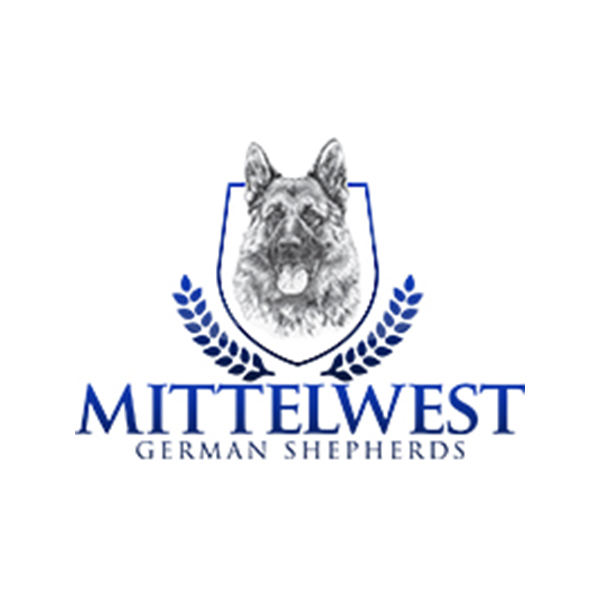
Julie Martinez is a German Shepherd breeder and the owner of Mittelwest German Shepherds in Wonder Lake, Illinois. She breeds German Shepherd Dogs under the “vom Mittelwest” kennel name and is listed as a breeder on the AKC Marketplace. Through her breeding program, Julie focuses on German-bred bloodlines and works with owners who value structure, temperament, and real-world working ability. She is also involved in local working-dog training through the Wonder Lake Schutzhund Club, where Mittelwest supports hands-on development such as tracking and club training.

